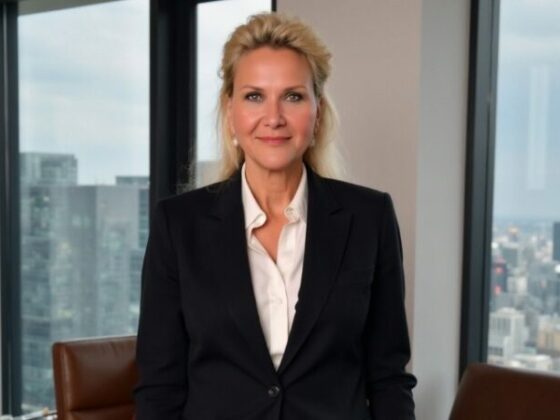
The hotel industry confirms its resilience in an unstable environment
October saw the continuation of a growth cycle that began in 2022. This consistency illustrates the strength of the hotel sector in a turbulent global environment marked by geopolitical tensions, persistent inflation and rising capital costs. This observation had already been made based on an analysis of the latest financial results published by major hotel groups.
Unlike offices and residential properties, hotels remain attractive and capable of generating returns. The commercial market remains under pressure, with record vacancy rates of 19% in the United States and 8.4% in Europe at the beginning of 2025, according to Savills. The residential market is suffering from a sharp slowdown in new construction and a 15% drop in transactions in major cities, according to UBS.
Faced with this contraction in yields, hotels appear to be a dynamic safe haven, capable of absorbing shocks thanks to the diversity of their operating levers. This attractiveness was highlighted by Vanguelis Panayotis, CEO of MKG, in one of his recent editorials.
Of the 176 properties identified by the editorial team, Europe and Africa account for nearly 40% of projects, ahead of Asia-Pacific (31%) and the Americas (28%). After several years of uneven expansion, the recovery is regaining a certain balance between continents.
Major cities such as London, Paris, Tokyo, New York and Sydney are once again dominating the headlines, buoyed by the strength of the business segment and the recovery in international flows. At the same time, secondary markets such as Poland, Vietnam and Chile are emerging as growth drivers, reflecting a gradual diversification of investment.
Unsurprisingly, coastal areas also continue to attract a large proportion of current and future projects, whether in Europe, Asia or the United States, remaining a highly attractive leisure destination for travellers and…








